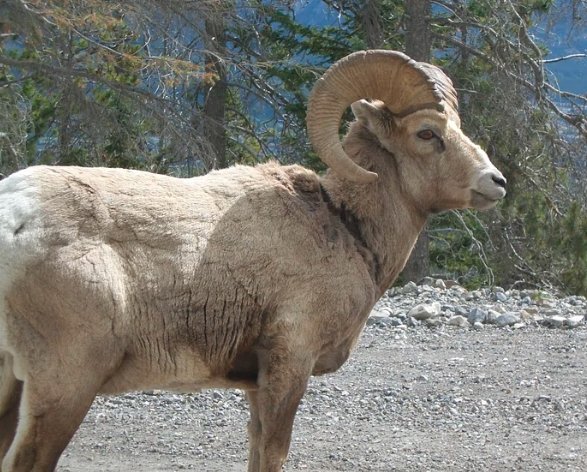In a quiet corner of Montana, a farmer’s ambition to push the boundaries of livestock breeding has led to a groundbreaking yet controversial experiment. Arthur “Jack” Schubarth, an 80-year-old rancher, has pleaded guilty to wildlife crimes after nearly a decade of clandestine efforts to create a new breed of sheep, one that stands as a testament to both human ingenuity and the ethical quandaries of genetic manipulation.
The Ambitious Breeder
Jack Schubarth’s vision was clear: to engineer a sheep that could surpass all others in size and value. His ranch, known for its ‘alternative livestock’, became the epicenter of a breeding program that sought to combine the robust genetics of the Marco Polo argali sheep with domestic breeds. The argali, a majestic species native to Central Asia, is renowned for its impressive stature and spiraling horns, traits that Schubarth hoped to replicate on American soil.
The process was intricate and fraught with legal hurdles. Schubarth imported genetic material from the argali sheep, circumventing international and federal laws designed to protect endangered species. By creating cloned embryos and implanting them into domestic ewes, he gave rise to a creature he dubbed the ‘Montana Mountain King’, a name that echoed the grandeur he sought to achieve.

The Legal Labyrinth
Schubarth’s operation, though scientifically successful, was legally dubious. The crossbreeding of protected species with domestic animals raised concerns about the potential impact on local ecosystems and the ethical implications of such genetic tampering. When the authorities caught wind of the rancher’s activities, it sparked a complex legal battle that highlighted the tension between agricultural innovation and wildlife conservation.
The case against Schubarth unveiled a network of collaborators and a trail of forged documents, painting a picture of a man driven by ambition but ensnared by his disregard for the law. As the court proceedings unfolded, the public was left to grapple with questions about the limits of human intervention in nature and the price of progress.
The Ethical Quandary
At the heart of the controversy lies a moral dilemma: the desire to advance agricultural science versus the responsibility to preserve the integrity of natural species. Schubarth’s hybrid sheep, while a marvel of genetic engineering, also serve as a cautionary tale about the unforeseen consequences of such endeavors.
The debate extends beyond the legal ramifications, prompting society to reflect on the role of ethics in scientific exploration. As the world watches the outcome of Schubarth’s sentencing, the discourse around genetic modification and wildlife protection continues to evolve, challenging us to redefine the boundaries of human ambition.














